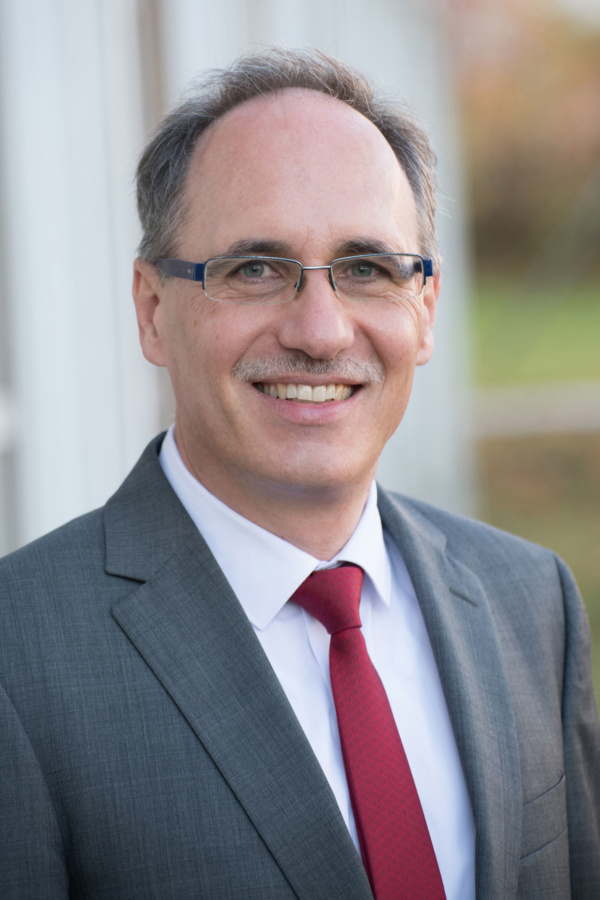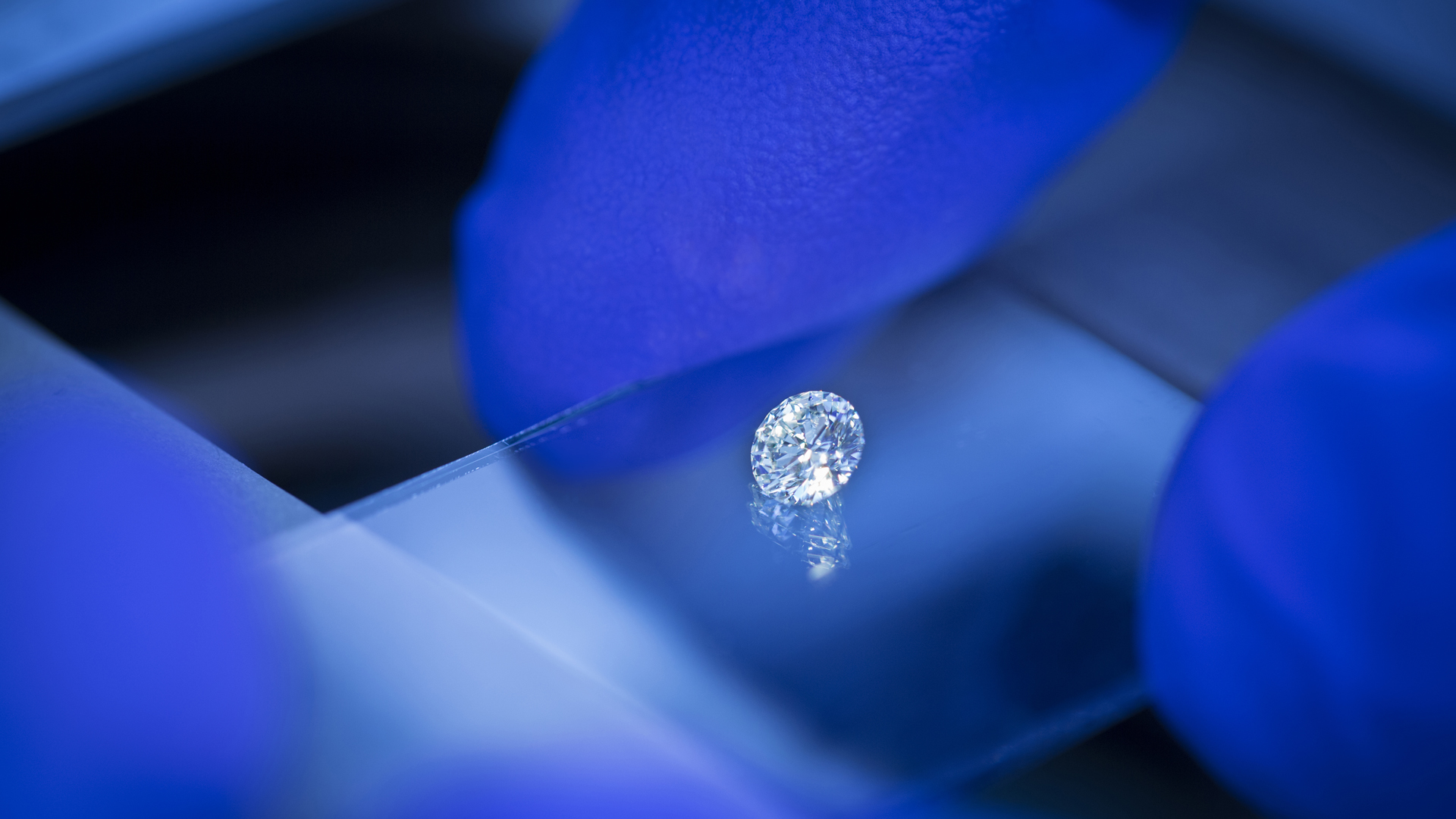Great success for researchers from Ulm University, the University of Stuttgart and their partners from the industry! Their joint project QSens has been selected as one of seven innovation networks nationwide in the highly competitive Clusters4Future competition sponsored by the German Federal Ministry of Education and Research (BMBF). In collaboration with specialized companies, researchers from Ulm and Stuttgart intend to develop the quantum sensors of the future up to market readiness. Applications range from personalised medicine to automated driving and information technology. Over the next ten years, the BMBF will provide funding of up to EUR 450 million for Cluster for Future, while the industry will contribute a similar amount.
The Cluster for Future QSens focuses on the areas of healthcare, mobility, information technology (the Internet of things) and sustainability. Quantum sensors are being developed for these applications, with precise measurements going to the limits of what nature allows.

“The distinctive aspects of the quantum world offer unique opportunities to improve sensor performance. Revolutionary increases in sensitivity unlock new applications, from observing the earth from space to imaging human brain activity,” explains Professor Joachim Ankerhold, Head of the Institute for Complex Quantum Systems and Vice-President for Research at Ulm University.
In the first three years of the QSens project, existing technologies will be brought to mass production readiness. New breakthrough technologies will be developed in blue skies projects and subsequent funding phases. Unlike most collaborative projects, QSens comprises an innovation ecosystem that covers the entire supply chain for the sensors being researched. Ulm University and the University of Stuttgart have been working with industrial QSens partners Bosch, Zeiss, Trumpf and Bruker for many years. The industrial consortium is further supported by biotechnology and pharmaceutical companies such as Boehringer Ingelheim.
With its open-topic Clusters4Future competition, the BMBF aims to promote and strengthen knowledge and technology transfer as part of its High-Tech Strategy 2025.
The clusters are scheduled to enter the first three-year funding phase in the fall. Each phase and each cluster will be funded with up to EUR 15 million. Provided the evaluation is positive, three funding phases are possible.
For more information, please contact (Ulm University): Professor Dr Joachim Ankerhold: +49731 50-22831, joachim.ankerhold@uni-ulm.de
Cover photo by Heiko Grandel: Artificial nanodiamonds can be used to improve sensors and imaging processes. Such artificial diamonds are also being used in the new QSens future cluster.










